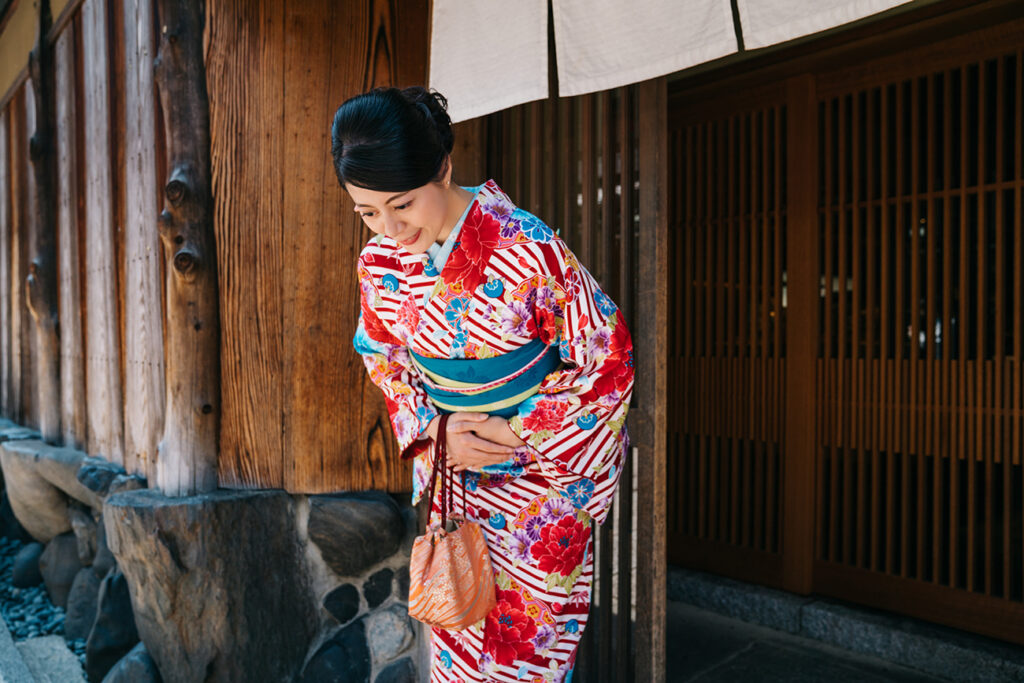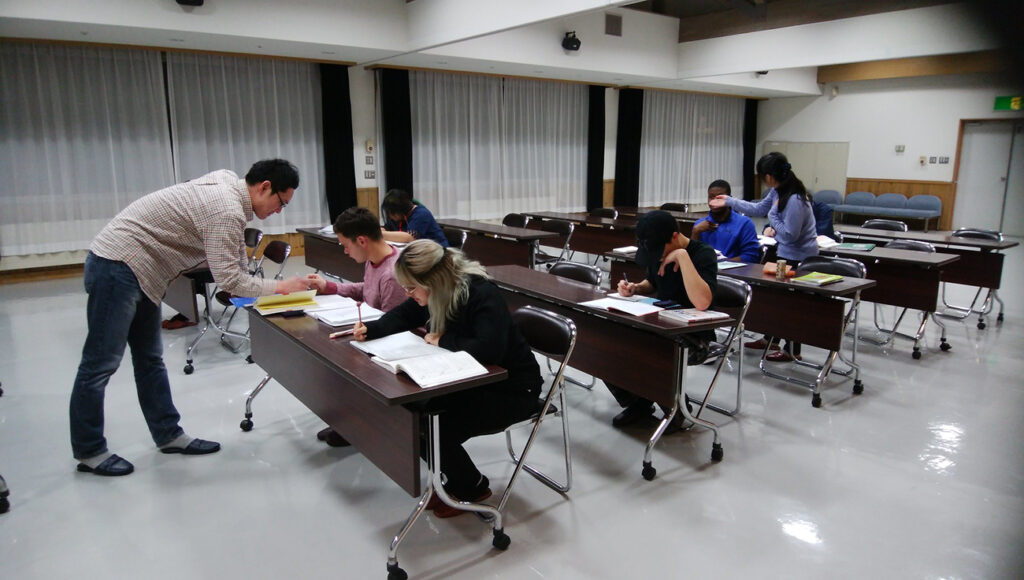
Omotenashi: What Students Can Learn from Japanese Hospitality
When you step into a store, restaurant, or even a train station in Japan, you’re likely to be greeted with a polite bow, a warm “irasshaimase” (welcome), and attentive service that feels almost instinctive. This is omotenashi, a uniquely Japanese concept of hospitality that goes beyond good customer service. For students, especially those studying abroad or preparing for careers, omotenashi offers more than cultural insight—it teaches valuable life and professional skills.
 At its core, omotenashi is about anticipating someone’s needs without expecting anything in return. It’s the idea of selfless service, where the host does everything possible to ensure the guest feels comfortable, respected, and valued. Unlike Western hospitality, which often emphasizes visible effort or tipping, omotenashi is quiet, seamless, and often invisible. It’s not about recognition—it’s about doing the right thing simply because it’s the right thing to do.
At its core, omotenashi is about anticipating someone’s needs without expecting anything in return. It’s the idea of selfless service, where the host does everything possible to ensure the guest feels comfortable, respected, and valued. Unlike Western hospitality, which often emphasizes visible effort or tipping, omotenashi is quiet, seamless, and often invisible. It’s not about recognition—it’s about doing the right thing simply because it’s the right thing to do.
 So, how can students apply this mindset in their daily lives?
So, how can students apply this mindset in their daily lives?
- Practicing Empathy: Whether you’re working on a group project or helping a classmate who’s having a tough day, omotenashi encourages you to consider others’ needs without being asked. It’s about listening, observing, and offering support proactively.
- Building Stronger Connections: In today’s fast-paced digital world, genuine human connection is rare. Omotenashi teaches the importance of small gestures—like remembering someone’s name, showing appreciation, or offering a seat. These actions build trust and kindness in both academic and social settings.
- Enhancing Professionalism: For students preparing for internships or job interviews, adopting an omotenashi attitude can make a strong impression. It shows emotional intelligence, respect, and attention to detail—all highly valued in any workplace.
- Mindful Communication: In Japanese culture, silence, tone, and body language all matter. Omotenashi encourages students to be more aware of how they communicate—not just what they say, but how they say it.
- Self-Discipline: One of the hidden lessons of omotenashi is the idea of doing your best even when no one is watching. Whether it’s studying, cleaning your workspace, or preparing for class, it promotes personal responsibility and pride in your efforts.
In a world where hustle culture often glorifies speed and results, omotenashi reminds us to slow down and be thoughtful. It’s not just a cultural practice—it’s a way of life that can help students grow into more compassionate, mindful, and well-rounded individuals.
So next time you’re working with a classmate, helping a friend, or simply holding the door for someone, think of omotenashi—and practice hospitality, the Japanese way.

